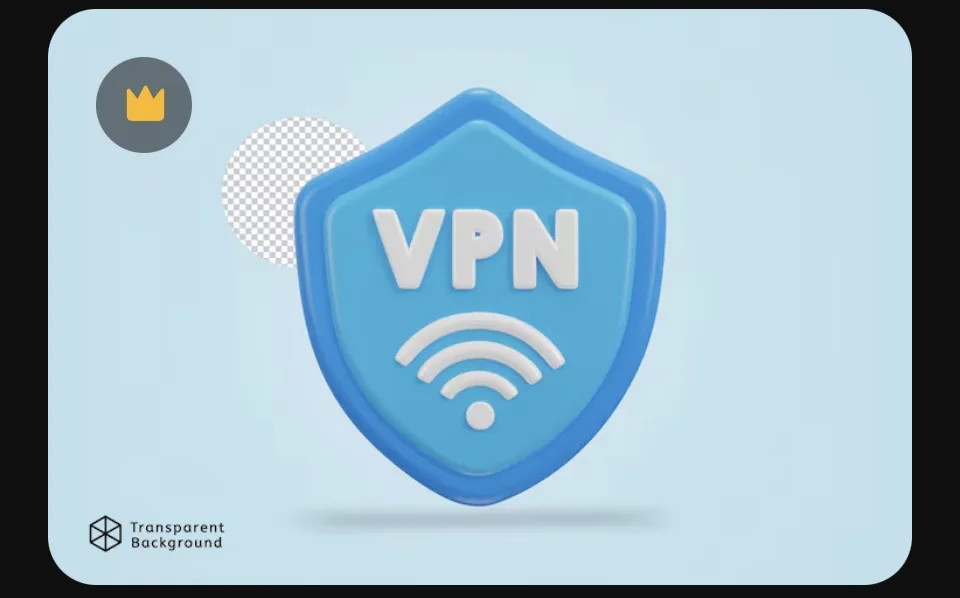VPN for Online Banking (UK, 2025) — Safe Settings, 3-D Secure & Quick Fixes

Updated: 2025-09-24 • ~18–22 min read
A VPN is fine for UK online banking when configured correctly. The key is stable identity signals (UK IP, device hygiene, consistent DNS) and understanding how banks score risk during SCA/3-D Secure. This guide gives you exact presets and fixes for blocked logins.
VPNs that work well for UK banking
Pick providers with reliable UK endpoints, audited no-logs, good kill switch and private DNS.
How banks flag logins
Risk engines look at:
- IP reputation & geolocation: shared VPN IPs can trigger extra checks.
- Device signals: OS, browser, cookies, time sync (important for TOTP codes).
- Behaviour: new device, midnight login, large transfer, foreign payee.
Being prompted for SCA doesn’t mean a ban — it’s normal risk scoring.
Safe VPN presets (UK)
- Protocol: WireGuard/NordLynx for speed; keep OpenVPN TCP/443 as a fallback on strict Wi-Fi.
- Location: use a UK server near you. Stick to one or two endpoints for banking to appear consistent.
- Kill Switch: On. Private DNS enabled to avoid ISP DNS leaks during logins.
- Split tunnelling: If your bank dislikes VPN, exclude the app/site; keep the rest of traffic inside the tunnel.
- Browser hygiene: one browser/profile dedicated to banking; no extensions; password manager enabled.
- MFA: use an authenticator app or security keys (see VPN + 2FA/MFA).
More fundamentals: VPN Security — UK, IP/DNS/WebRTC leaks.
SCA / 3-D Secure with a VPN
- Keep time in sync on phone/PC — drift breaks TOTP codes.
- If you switch UK servers, relaunch the banking app/browser to clear stale routes and cookies.
- Prefer app-based approvals or security keys over SMS (roaming delays, SIM-swap risk).
- For card payments, complete 3-D Secure in the same browser tab; do not use “VPN-split” across tabs/devices.
When to use a Dedicated IP
A Dedicated IP avoids shared-IP reputation issues by assigning you the same UK address each time — useful for admin panels or banks that allow-list addresses.
- Best for: business banking, accounting dashboards, merchant portals.
- Not required for: everyday retail banking that accepts SCA prompts.
A Dedicated IP trades anonymity for stability. Use it only where needed.
Travelling & public Wi-Fi
- When abroad, connect to a UK endpoint before opening the bank app.
- On hotel/airport Wi-Fi, switch to TCP/443 if UDP is blocked.
- Avoid logging in on shared PCs; use mobile data + VPN if Wi-Fi is untrusted.
Troubleshooting matrix
| Symptom | Likely cause | Fix |
|---|---|---|
| Bank blocks login on VPN | Shared IP reputation | Switch to another UK city; reuse the same endpoint later to build “history”; or temporarily exclude the banking app |
| 3-D Secure loop / timeouts | Cookies / mixed routes | Relaunch browser; clear site data; keep whole flow through the same VPN endpoint |
| TOTP code always “invalid” | Clock drift / app killed | Enable auto time sync; disable battery saver for the authenticator; re-scan QR |
| Captcha walls | Congested IP pool | Rotate to lower-load UK server; try evening vs daytime; dedicated IP for business |
| “Payment cannot be verified” | 3-D Secure app approval failed | Open the bank app directly, approve, then return to the merchant tab; retry with the same endpoint |
FAQ
Is it safe to use a VPN for UK banking?
Yes — with provider DNS, a kill switch and UK servers. Banks may ask extra SCA steps, which is normal.
Which protocol is best for banking?
WireGuard/NordLynx for speed and stability. Use OpenVPN TCP/443 on restrictive Wi-Fi.
Do I need a Dedicated IP?
Only if your bank or work portal allow-lists IPs or you see constant captchas/blocks. Otherwise shared UK pools are fine.
What about mobile banking apps?
They work over VPN. If the app refuses to connect, exclude just that app via split tunnelling and keep everything else inside the VPN.
Keep logins smooth — and secure
Video: UK banking over a VPN — do’s & don’ts
Video unavailable? Open a relevant search:
